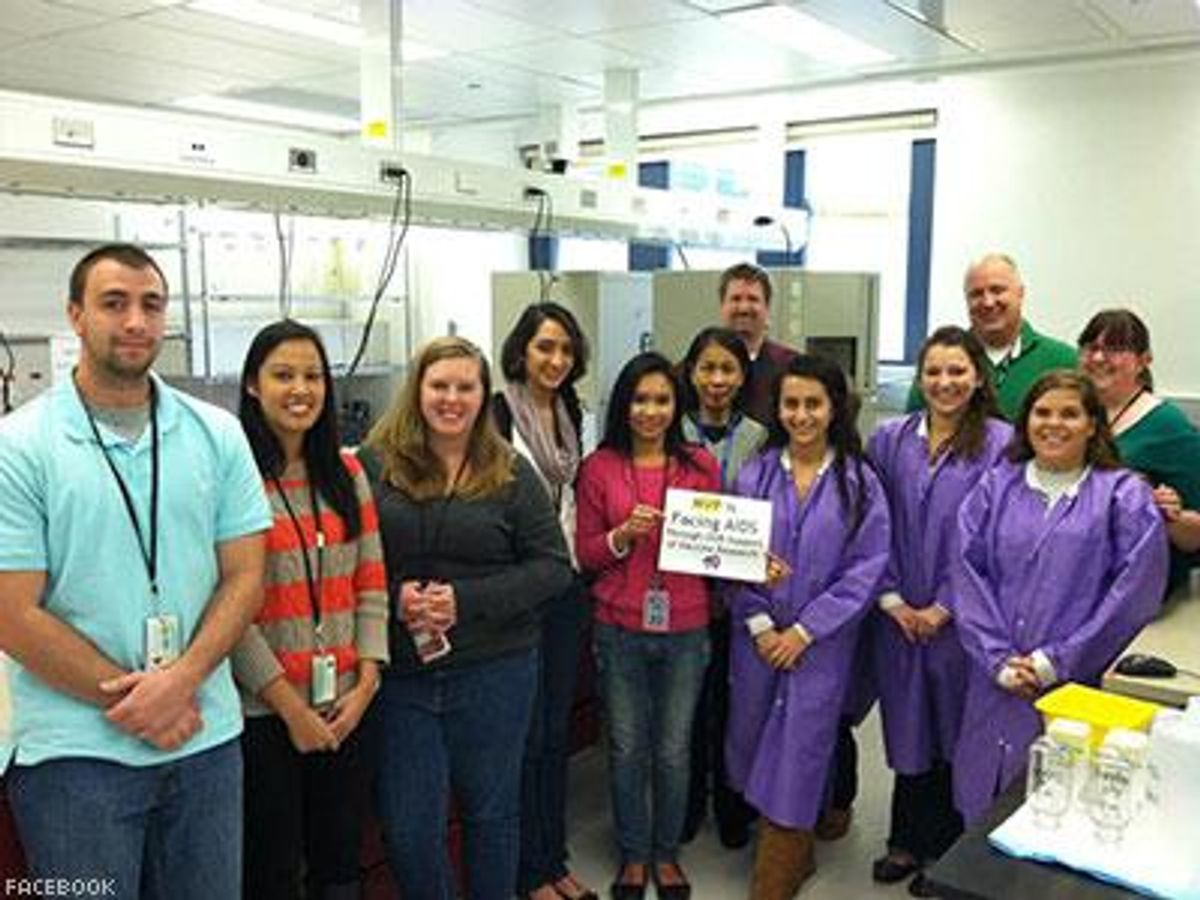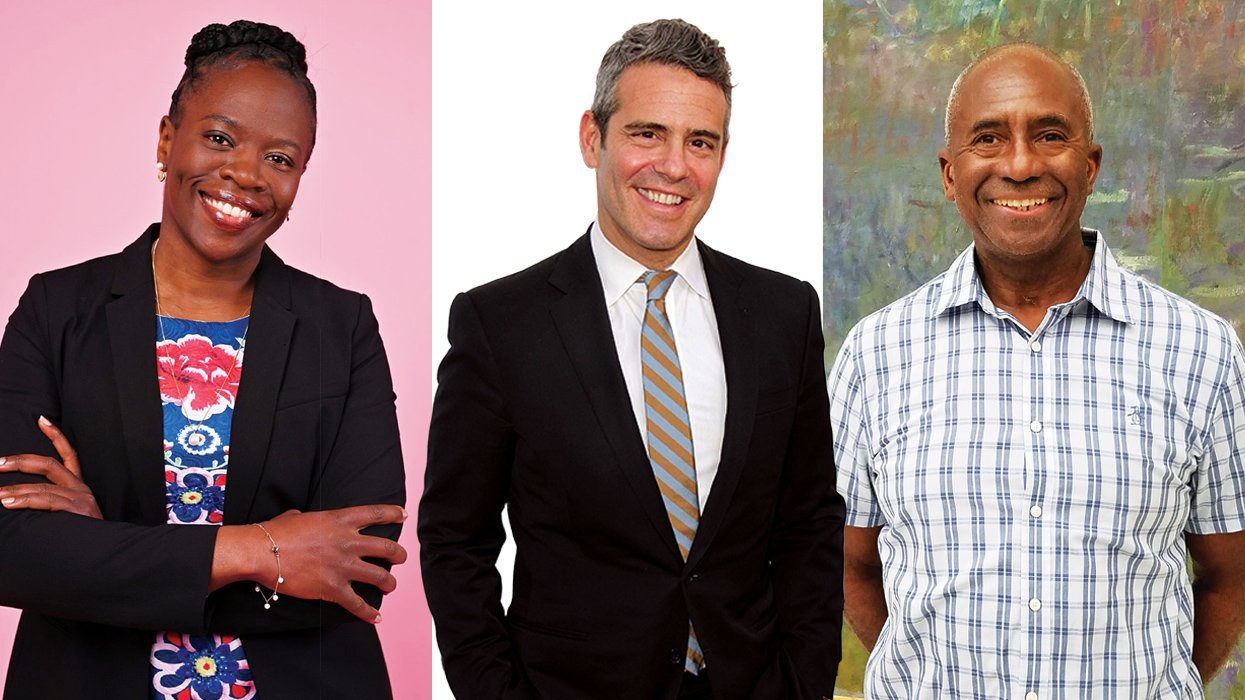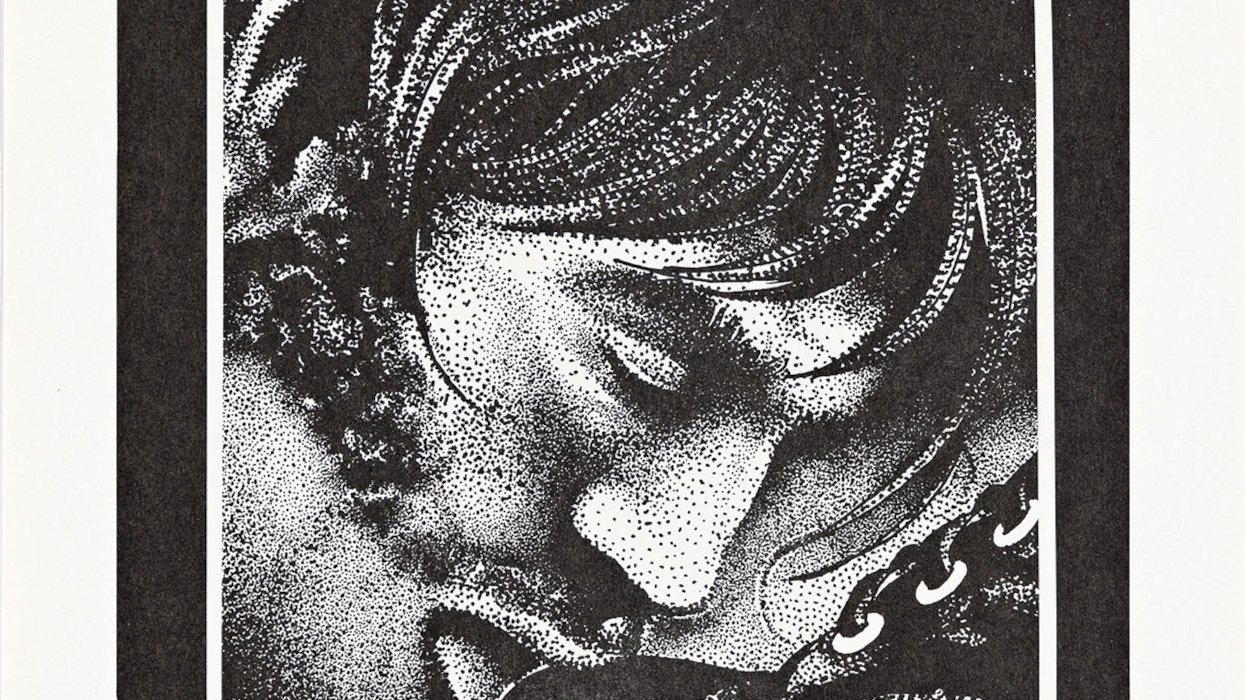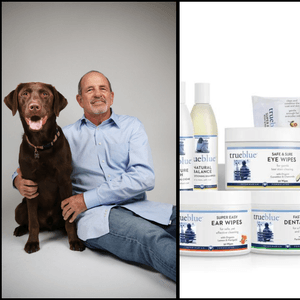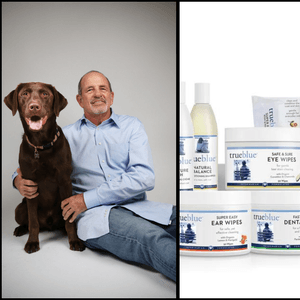The U.S. Military HIV Research Program (MHRP) is probably one of the least well known and most important of the federal HIV research programs.
Brought to the world’s attention in 2009 by the RV144 study, the only HIV vaccine trial to date that has demonstrated any efficacy, MHRP conducts some of the most critical HIV research in the world yet receives almost no attention from the public and policy makers. The program is led by Col. Nelson Michael, MD, PhD, who also serves on President Obama’s Presidential Commission for the Study of Bioethical Issues, several NIAID advisory committees and the President's Emergency Plan for AIDS Relief (PEPFAR) Scientific Advisory Board (just to name a few). The program conducts research in Thailand and Africa, where it also implements PEPFAR in several countries.
MHRP was established by a Congressional Directive in 1986, and aims to develop a vaccine for HIV, search for a cure, protect our troops’ health and readiness through advanced diagnostics and evidence-based prevention interventions. The work of MHRP has benefits beyond HIV in the hardest-hit regions in the world by establishing long-term infrastructure and relationships that facilitate sustainable research in other endemic diseases devastating these countries. MHRP conducts studies on a range of preventive and therapeutic vaccine candidates, innovative new treatments and has the unique ability to study acute infection, which is thought to be key in the search for a cure. The initial analysis of the RV144 HIV vaccine trial found the two vaccines to have a modest 31.2% efficacy in 2009, and subsequent analyses of the study have identified several factors associated with protection that will be key in designing a more effective HIV vaccine.
In 2014, MHRP continued to build on the RV144 study, with many follow up studies presented and published. The trial found 60% efficacy at 12 months, suggesting the protective effect waned over time. Subsequent analyses demonstrated that the risk of HIV infection inversely correlated with antibodies directed against V1 and V2, the HIV Env variable regions, and correlated directly with Env-specific IgA antibodies. In a follow-on immunogenicity study, RV305, MHRP researchers are evaluating re-boosting in volunteers who participated in the RV144 study. They found that the boost is most effective when ALVAC and AIDSVAX are administered together or when AIDSVAX is given alone. The researchers have also found that the late boosts in the study, given at six months, are also producing some surprising and promising immune responses.
Another clinical trial being conducted by the MHRP is using the RV144 vaccine regimen in 360 participants to compare additional vaccine boosts and gather more immunogenicity data to determine how the timing of the boosts may impact immune responses. A key collaborator of follow-up studies, the HIV Vaccine Trials Network (HVTN), unveiled promising findings from the HVTN097 study, which found that the RV144 regimen elicited a robust immune response when tested among 100 healthy adults in South Africa. In addition to RV144, the MHRP is participating in several clinical trials using different vaccine candidates. These studies are informing HIV vaccine research and laying the groundwork for future studies.
In addition to its work in vaccine development, the MHRP is conducting HIV cure research, an arena in which the program excels thanks to two landmark studies of acute infection, which is the critical period in which an HIV vaccine must control replication. MHRP developed unique study techniques to capture volunteers at this early stage of infection. These patients are ideal candidates for cure studies and MHRP is initiating several novel therapies aimed at controlling the virus and, ideally one day, eliminating the viral reservoir.
One study, RV254, is providing knowledge about acute HIV infection that will inform strategies to eradicate HIV or induce remission in the absence of antiretroviral therapy. In this unprecedented study, samples were screened from 80,000 individuals at the Thai Red Cross in Bangkok Thailand, of which 206 were in the acute stage of HIV infection. Researchers found that the initiation of ART in this stage of infection resulted in immune restoration and a very small or undetectable HIV reservoir, which is believed to be the greatest obstacle to eradicating HIV.
MHRP leads another study on acute infection in Thailand and East Africa, called RV217. This ambitious, multi-site research study follows a group of high-risk volunteers to gather information on acute HIV infections. Through this study MHRP researchers collect frequent samples from acutely infected persons before they show detectable HIV antibody. Valuable information and mucosal samples from this study, which has identified more than 100 acutely infected volunteers within days of infection, will allow scientists to study the virus that is transmitted and characterize the immune responses in the first weeks and months of infection.
The MHRP is an important component of the U.S. Governments efforts to combat HIV. It works closely with the NIAID to move progress forward more quickly, brings unique international capabilities and expertise in product development. In addition to its research on HIV vaccine development and acute infection, the importance of the MHRP in the fight against AIDS is due to its willingness to conduct what is considered riskier research that has the potential to yield great rewards than the other federal HIV research programs such as the AIDS Clinical Trials Group (ACTG) or Delaney AIDS Research Enterprise. MHRP’s numerous publications, presentations and research accomplishments over the last year attest to the significance of the program and its position as a leader in HIV vaccine development and therapeutics and cure research.
